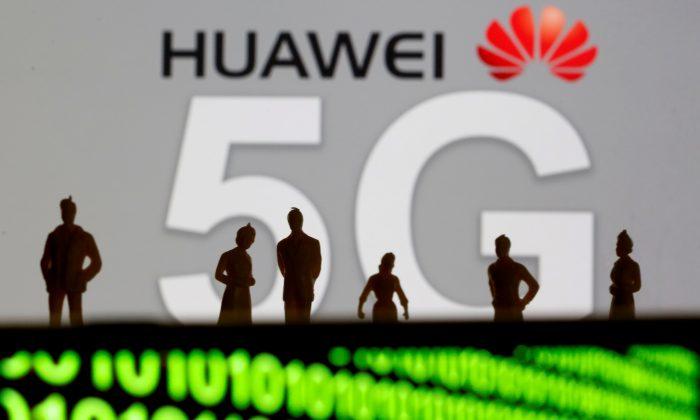BRUSSELS—The European Union cannot ignore China’s National Intelligence Law, which requires Chinese citizens to support state information-gathering, as Brussels seeks rules for super-fast mobile networks, a senior EU official said on July 19.
EU governments are debating ways to protect next-generation mobile networks from any possible Chinese interference, caught between a U.S. demand they shun China’s Huawei and growing Sino-European business ties.
Julian King, the EU’s commissioner in charge of security, said laws in the countries that will supply future technology for the 5G networks will be part of discussions before the Europe Commission makes formal proposals later this year.
“When we think about the overall security of products and supplies from different sources, we can think of their legal regime,” he told a news conference.
“In China, they have a national intelligence law that puts broad requirements on organizations to support and collaborate on national intelligence work and it’s a particular legal legislative framework which is relevant,” he said.
Huawei, the world’s biggest maker of telecom network equipment and whose 5G gear is considered more advanced and cheaper than its European rivals, is eager not to be restricted from the EU, its biggest overseas market.
Huawei says it supports EU efforts to draw up security standards for 5G.
Catherine Chen, a Huawei senior vice president, said that in Europe, Huawei has signed 28 contracts to provide 5G, which is set to link up everything from vehicles to factories at far greater speeds.
The Chinese regime denies any intention to spy on the West and has said a ban on Chinese 5G suppliers in the United States and Australia is unfounded.
However, according to an internal European Commission document reviewed by Reuters in January, China’s National Intelligence Law states that Chinese “organizations and citizens shall, in accordance with the law, support, cooperate with, and collaborate in national intelligence work.”
Britain’s National Security Council discussed the issue in April and a decision was made to block Huawei from all critical parts of the 5G network but to give it restricted access to less sensitive parts. A final decision is still pending.





